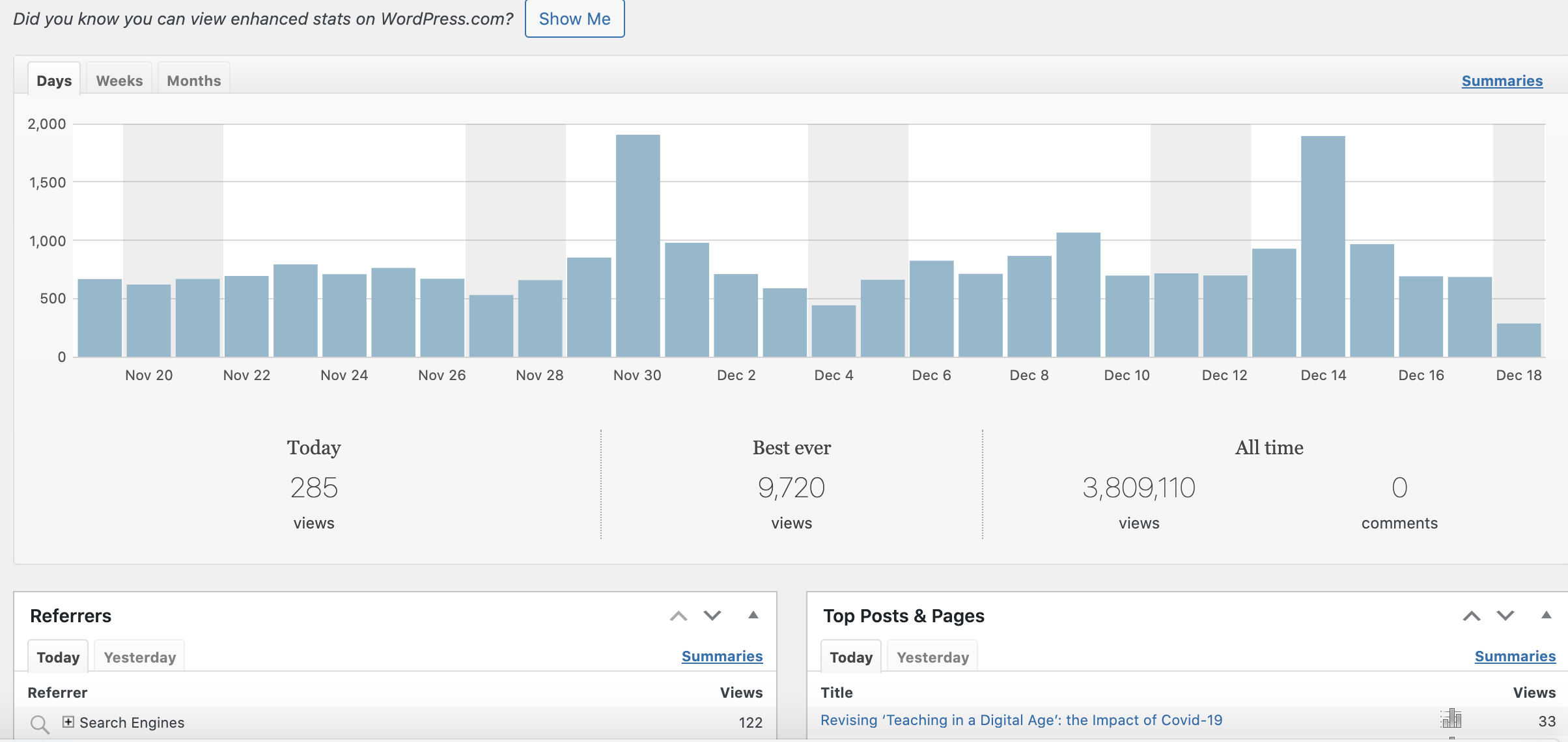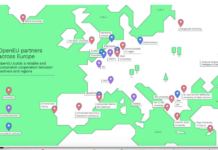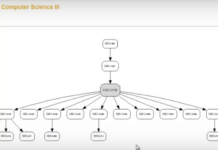
This is my (self-imposed) ‘accountability’ report for 2021, mainly for personal reasons, but it will also give readers of this blog a chance to catch up on anything you may have missed.
Contracts
I had three contracts to provide advice and guidance on online learning during 2021:
- Senior advisor to the Chang School of Continuing Education, Ryerson University
- Research associate, Contact North, Ontario
- Advisor on the implementation of British Columbia Institute of Technology’s e-learning strategy.
In truth, though, I usually gain more in knowledge and experience than the clients do from working with these organisations. These contracts are invaluable in helping me keep in touch with what’s happening ‘on the ground’ with online learning.
This blog
Long term results
This blog is now 13 years old, as I started it in 2008. Over that time it has received 3,808,110 views, equal to roughly 300,000 hits a year, or 800 a day. Because of Covid-19 and emergency remote learning, the average for the last two years though has been just over 1,000 a day, even though I have been blogging less these last two years.
The most number of views on any single post on any single day was 8,518 on 11 March, 2020. The post was Advice to those about to teach online because of the corona-virus. It was obviously well-timed, coming at the point where all post-secondary education and most k-12 education in North America had just pivoted to emergency remote learning.
However, the post that has received the most number of views over the 13 years is A short history of educational technology (posted on 10 December, 2014), with 128,025 views to date. Next is Learning theories and online learning (posted on 14 July, 2014), with 109,365 views to date.
The reason why these two posts (and several others) have received so many views is, I suspect, because they are set reading for some courses in teacher education. Curiously, though, these blog posts were early drafts for my book, ‘Teaching in a Digital Age‘, so given that this book has been downloaded at least 500,000 times, these topics are likely to be even more popular. However, I am more than happy if my blog is being used as a resource for teaching programs.
2021
I posted 65 times during 2021 (just over once a week), compared with 74 posts in 2020, which was closer to my yearly average.
Learning theories and online learning, although first posted in 2014, was also the most viewed post in 2021, with 40,348 views. It was closely followed by Online learning for beginners: 1. What is online learning? (posted 15 July, 2016) with 39,716 views.
Of the posts first posted in 2021, the most viewed was Research showing that virtual learning is less effective than classroom teaching – right? with 3,241 views. Next was Online learning and (k-12) schools: do we need a different curriculum for online learning? with 1,255 views.
Webinars and conferences
I attended no conferences or workshops in person during 2021. This was partly because of the pandemic, but my attending any future international conference or workshop in person in the future will be rare.
I understand that for many, the personal connections at in-person conferences will remain important (after all, I first met my future wife at a conference), but aside from the hassle of long-distance travel, I find it increasingly difficult to justify not only the time and cost but the carbon emissions of flying around the world to international conferences.
Consequently, with the assistance of the Commonwealth of Learning, in January 2021, I recorded five keynotes and made them available through a Creative Commons licence as OER, so that anyone can download them and use them in a conference (virtual or in-person). The five keynotes are as follows:
1. Developing quality blended learning courses
2. Digital learning and the new economy
3. New technologies and their potential and limitations for teaching and learning
4. Ten lessons for online learning from the Covid-19 experience (based on research findings)
5. Online learning in the (k-12) school sector
More details can be found here: https://www.tonybates.ca/2021/02/05/five-free-keynotes-on-online-learning-for-streaming-into-virtual-conferences/
This had the advantage of saving me from getting up or staying up to some ungodly hour because of the time difference (Vancouver is not the centre of the universe) – and also from delivering the same keynote several times. Depending on the time, I sometimes agreed to follow the streamed keynote with a live online Q&A session. These usually went very well.
Thus tracking my (virtual) appearance at conferences is somewhat difficult, but usually the conference organisers let me know if they were using the recordings. Certainly, to my knowledge the keynotes were used in conferences in Greece, Ireland (three times), Mexico, India, Japan, UK, Sri Lanka, Lithuania and Argentina, as well as in four conferences in Canada.
I also gave five synchronous webinars to graduate students and/or faculty at Athabasca University, UBC, Royal Roads University, and Langara College. Altogether I participated in about 20 virtual conferences and webinars. A full list of my webinars and conference keynotes can be found at: https://www.tonybates.ca/tonys-publications/
Canadian Digital Learning Research Association
I remained Board Chair of the CDLRA during 2021. During 2021 we renewed and diversified the Board, adding Cathy Newell-Kelly (the Registrar at the University of Waterloo), Stephanie McKeown, of UBC and the Chair of the Canadian Institutional Research and Planning Association, David Porter, former Director of eCampus Ontario and BCcampus, and Bruno Poellhuber, Directeur académique du Centre de pédagogie universitaire (CPU) at the Université de Montréal. Four founding members of the Association stepped down from the Board in 2021: Denis Mayer, Ross Paul, Brian Desbiens, and Jeff Seaman. Tricia Donovan also stepped aside as Executive Director, but remains on the Board. Nicole Johnson took over as full-time Executive and Research Director on December 1. I will step down as Board Chair in March, 2022, but wish to remain on the board.
Both 2020 and 2021 were difficult years for the survey. It was impossible – or more accurately, pointless – to collect reliable online enrolment data, as so much was in flux due to the pandemic, so the team pivoted to snap surveys of administrators and instructors (see http://www.cdlra-acrfl.ca/publications/ for publications of the reports). The full 2021 National Report will be released in early 2022.
As we move into 2022, things are looking better and the CDLRA plans to conduct national surveys in both the Spring and Fall of 2022.
A medical pause
I also lost about three months between May and July due to a medical issue. I was very fortunate to get surgery for a full knee replacement in May between hospitalisation surges due to Covid-19. I couldn’t do any work for two months because of the pain following the operation, but then everything suddenly got better. I now have no pain in the knee and am now playing golf (and walking the whole course) twice a week, thanks to the miracle of modern medicine.
Forward to 2022
I’ve decided that making plans to retire makes no sense. I noted my failure at retirement (yet again) in my 2020 year summary. I am too committed to online and digital learning ever to stop completely. During 2021 I settled into a fairly regular three days a week immersing myself in activities around online learning. The rest was spent on other activities. It was a good balance. I plan to do the same next year.
As I write, more restrictions are coming due to the Omicron variant and I notice that some universities and colleges are going back to emergency remote learning after the holidays. To be honest I don’t think we will ever go back completely to the way most teaching and learning was conducted pre-Covid. I think 2022 will be another interesting year, but in a more positive way, I hope, than the last two years. I have been astonished at the dedication and hard work done by all involved in online and digital learning over the last two years. I hope next year will be less challenging. In the meantime, enjoy the holiday break that you all so thoroughly deserve.









 Dr. Tony Bates is the author of eleven books in the field of online learning and distance education. He has provided consulting services specializing in training in the planning and management of online learning and distance education, working with over 40 organizations in 25 countries. Tony is a Research Associate with Contact North | Contact Nord, Ontario’s Distance Education & Training Network.
Dr. Tony Bates is the author of eleven books in the field of online learning and distance education. He has provided consulting services specializing in training in the planning and management of online learning and distance education, working with over 40 organizations in 25 countries. Tony is a Research Associate with Contact North | Contact Nord, Ontario’s Distance Education & Training Network.

